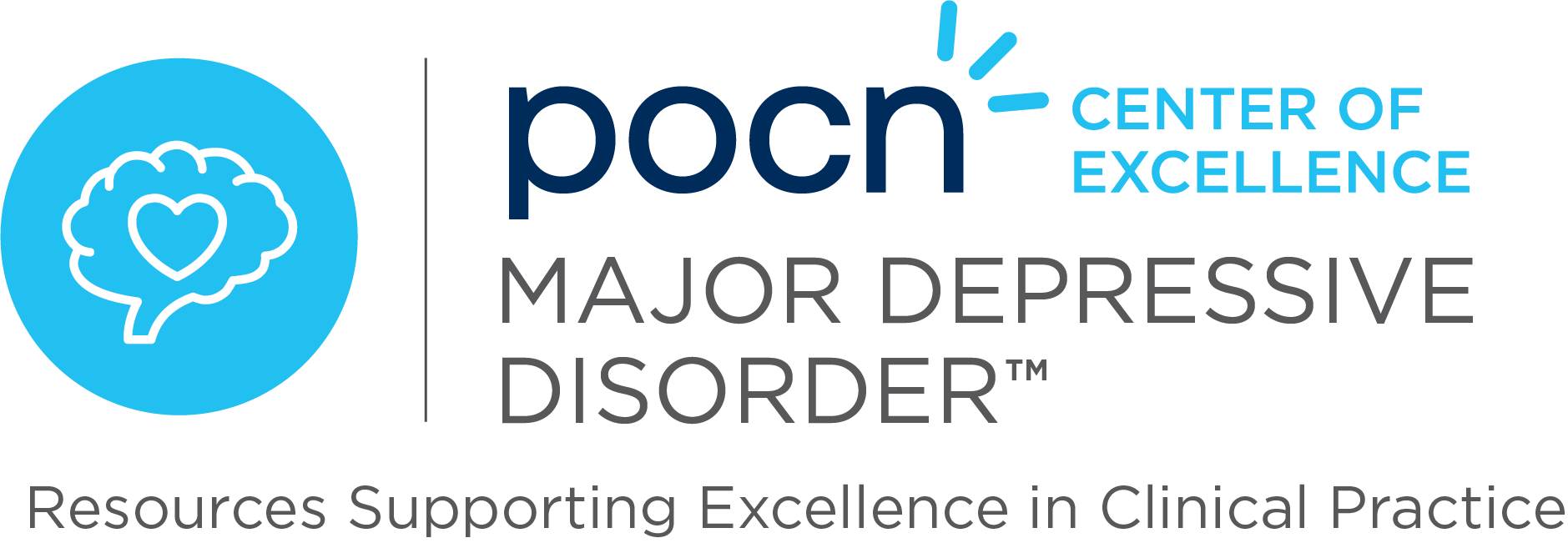Researchers examined the effectiveness of a stepped care internet-based cognitive behavioral therapy (i-CBT) model for depression, characterized by the combination of low-intensity, adaptable interventions based on patient needs. Participants were randomly assigned to either a standard i-CBT group or a stepped care i-CBT group, which included additional interventions like SMS, phone calls, video calls, or sessions with a psychiatrist based on questionnaire scores and session responses. Both groups underwent a 13-week i-CBT program provided through the Online Psychotherapy Tool.
The study involved 56 participants split evenly between the two groups, with no significant age or gender differences. Results showed that i-CBT effectively reduced depressive symptoms according to the Patient Health Questionnaire-9 and Quick Inventory of Depressive Symptomatology. However, there was no significant difference in symptom reduction between the standard i-CBT and stepped care groups. Participants in the stepped care group engaged in more treatment sessions than those in the standard i-CBT group who prematurely ended their participation. This suggests that while both i-CBT methods are effective for treating depression, the stepped care approach may encourage greater participation and session completion.
Reference: Jagayat JK, Kumar A, Shao Y, et al. Incorporating a Stepped Care Approach Into Internet-Based Cognitive Behavioral Therapy for Depression: Randomized Controlled Trial. JMIR Ment Health. 2024;11:e51704. doi: 10.2196/51704.


